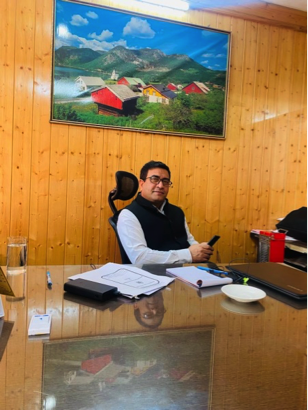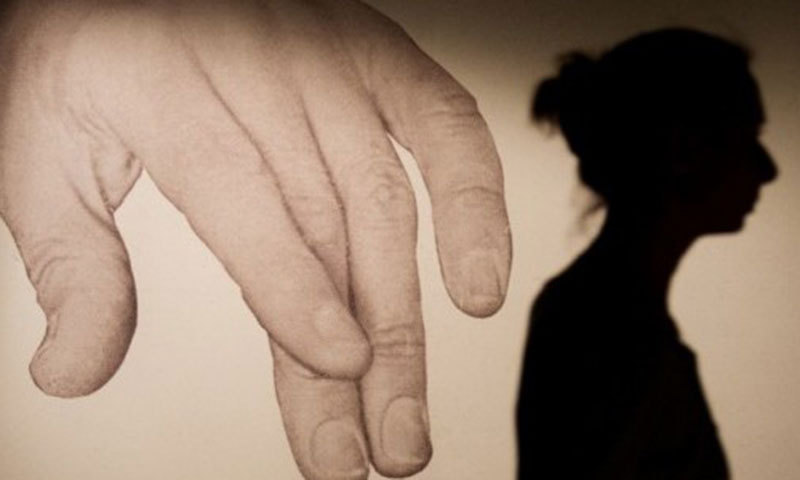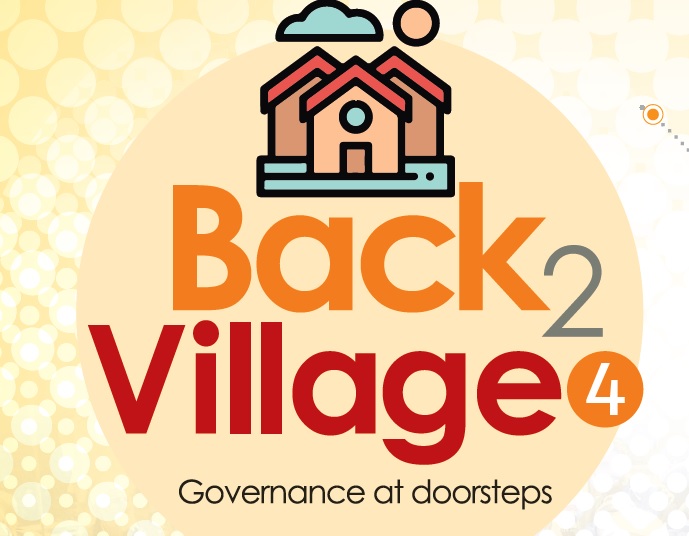Problem Statement
For decades, the prevalence of mental health conditions has been broadly unchanged; this trend changed in 2020 with the outbreak of the COVID‑19 pandemic. From March 2020 onwards, the prevalence of anxiety and depression increased. For example, in Belgium, France, Italy, Mexico, New Zealand, United Kingdom and the United States, prevalence of anxiety in early 2020 was double or more than double the level observed in previous years; A survey by the Commonwealth Fund conducted in the period March-May 2020 found that many adults reported experiencing stress, anxiety, or sadness that was difficult to cope with alone since the outbreak started. A high percentage of adults experienced this mental distress in Australia (23%), Canada (26%), France (24%), New Zealand (23%), the United Kingdom (26%) and the United States (33%), and lower rates of distress were seen in the Netherlands (14%), Norway (10%) and Sweden (18%) Commonwealth Fund 2020 (1). Other measures of population mental distress, including self-reported mental health status, distress, or sleep disturbance, confirm this trend of worsened population mental health status.In India also Long Covid Syndrome resulted in psychological distress and psychiatric problems. Health experts have found that patients who have recovered from mild to medium cases of Covid-19 and is now suffering from Long Covid has also seen psychological distress as a symptom.
Understanding the Pattern
As per the National Mental Health Survey conducted by the National Institute of Mental Health and Neurosciences (NIMHANS), Bangalore in 12 States of the country, the prevalence of mental disorders including common mental disorders, severe mental disorders, and alcohol and substance use disorders (excluding tobacco use disorder) in adults over the age of 18 years is about 10.6%. The major findings of the survey are as under:
- The prevalence of mental morbidity is high in urban metropolitan areas.
- Mental disorders are closely linked to both causation and consequences of several non-communicable disorders (NCD).
- Nearly 1 in 40 and 1 in 20 persons suffer from past and current depression, respectively.
- Neurosis and stress related disorders affect 3.5% of the population and was reported to be higher among females (nearly twice as much in males).
- Data indicate that 0.9 % of the survey population were at high risk of suicide.
- Nearly 50% of persons with major depressive disorders reported difficulties in carrying out their daily activities.
Lets Intervene
Keeping in View the above factors Government announced a “National Tele Mental Health Programme” in the Budget of 2022-23, to further improve access to quality mental health counseling and care services in the country.The District Mental Health Programme (DMHP) component of the NMHP has been sanctioned for implementation in 704 districts for which support is provided to States/UTs through the National Health Mission. Facilities made available under DMHP at the Community Health Centre (CHC) and Primary Health Centre (PHC) levels, include outpatient services, assessment, counselling/ psycho-social interventions, continuing care and support to persons with severe mental disorders, drugs, outreach services, ambulance services etc. In addition to above services there is a provision of 10-bedded in-patient facility at the District level.
TELE MANAS
(Providing Mental health Tele – Counseling and Psychiatric interventions 24*7 to all)
Tele-Mental Health Assistance and Nationally Actionable Plan through States will provide universal access to equitable, accessible, affordable and quality mental health care through 24X7 tele-mental health counselling services as a digital component of the National Mental Health Programme (NMHP) across all Indian States and UTs with assured linkages
The Objectives of Tele Manas are
- To exponentially scale up the reach of mental health services to anybody who reaches out, across India, any time, by setting up a 24×7 tele-mental health facility in each of the States and UTs of the country.
- To implement a full-fledged mental health service network that, in addition to counseling, provides integrated medical and psychosocial interventions including video consultations with mental health specialists, e-prescriptions, follow-up services and linkages to in-person services
- To extend services to vulnerable groups of the population and difficult to reach populations
In the UT of Jammu and Kashmir State Administration especially Administrative Secretary Health and Medical Education J&K has made it a mission to improve Mental health services both in terms of providing mental , psychological and emotional support to the aggrieved persons and also to tackle the growing menace of drug addiction by increasing the diapason of drug de-addiction services both OPD as well as IPD in all districts across the UT of Jammu and Kashmir and as a result of which addiction treatment facilities have come up in just few months in all districts catering to both urban and rural population .National Health Mission J&K as the apex organization responsible for policy implementation and finances and both Directorates of health services with their district mental health teams are doing a commendable job .
How Does Tele Manas Work
IMHANS ( Institute of Mental Health and Neurosciences Srinagar ( Psychiatric Hospital Rainawari) was chosen as the site for the establishment of Tele Manas , Jammu and Kashmir is the only UT in the country to Recruit the staff for Tele Manas which include Councillors , Clinical Psychologists , Consultant Psychiatrists on Full time basis through a recruitment process on such a short time while most of the States as well as UTs have deployed the HR on temporary basis from district mental Health Programs ,Trainings and Mock Drills have been completed and the Tele Manas cell is ready for the Launch.
Tele Manas has 2 Tier System
Tier 1 will include Trained Councillors who will Receive IVRS Based Audio Calls through a toll free no 1800-891-4416 which will be in public domain through print and electronic media , Councillors will do the first assessment , Basic psychosocial and basic psychological counselling ,Proactive follow up calls with prior consent Identify red flags and referral to Specialists
Specialists of Tele Manas Cell will conduct Detailed assessment,Triaging for any psychiatric emergency or acute management to the psychiatrist / trained medical professional,Detailed psychological and psychosocial interventions,Medical interventions including detailed mental status assessment and prescribing psychotropic’s, guiding the counselors,referral to in person centres.
Tier 2 Mental Health Professionals at public Health Facilities through DMHP ( District Mental Health Program) and Mentoring Institutions will do detailed assessment/dispensing psychotropic medications,Urgent in-person intervention / plan and conduct complex evaluations ,detailed psychological and psychosocial interventions,Detailed medical evaluation including admissions and inpatient care, management of psychiatric emergencies, substance withdrawal.
Tele Manas is a reprise for people who suffer from any kind of stress,depression,anxiety, psychiatric condition, drug de addiction counseling and a doctor is just a phone call away. It is a blessing for a lot of patients who do not want to come to public institutions for treatment in view of taboos associated with mental health, it will help thousands of people to have a vent to a psychological support. Soon a suicide helpline will also be part of Tele Manas which will be a game changer. Lets avail it and tell more people about it so that mental illnesses don’t make us feel isolated and helpless.
“Out of suffering have emerged the strongest souls; the most massive characters are seared with scars”….Khalil Gibran
(The Author is State Project Manager, National Health Mission and Programme head Mental health J&k. He can be mailed at [email protected])
Dr. Qazi Haroon
State Project Manager
NHM J&K








